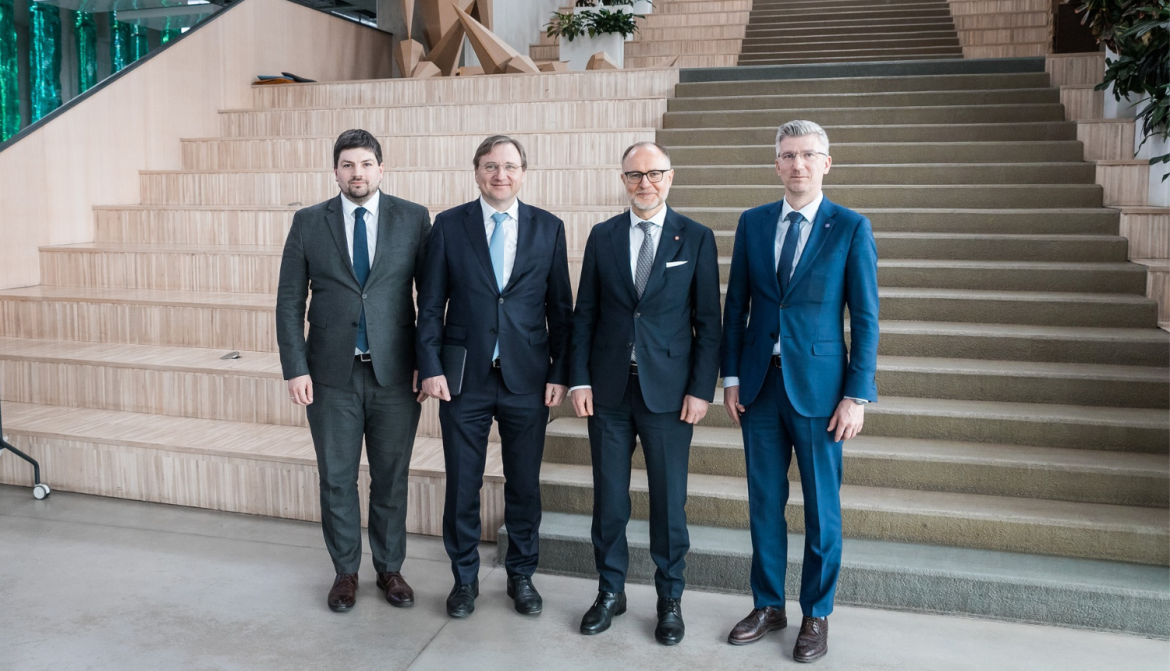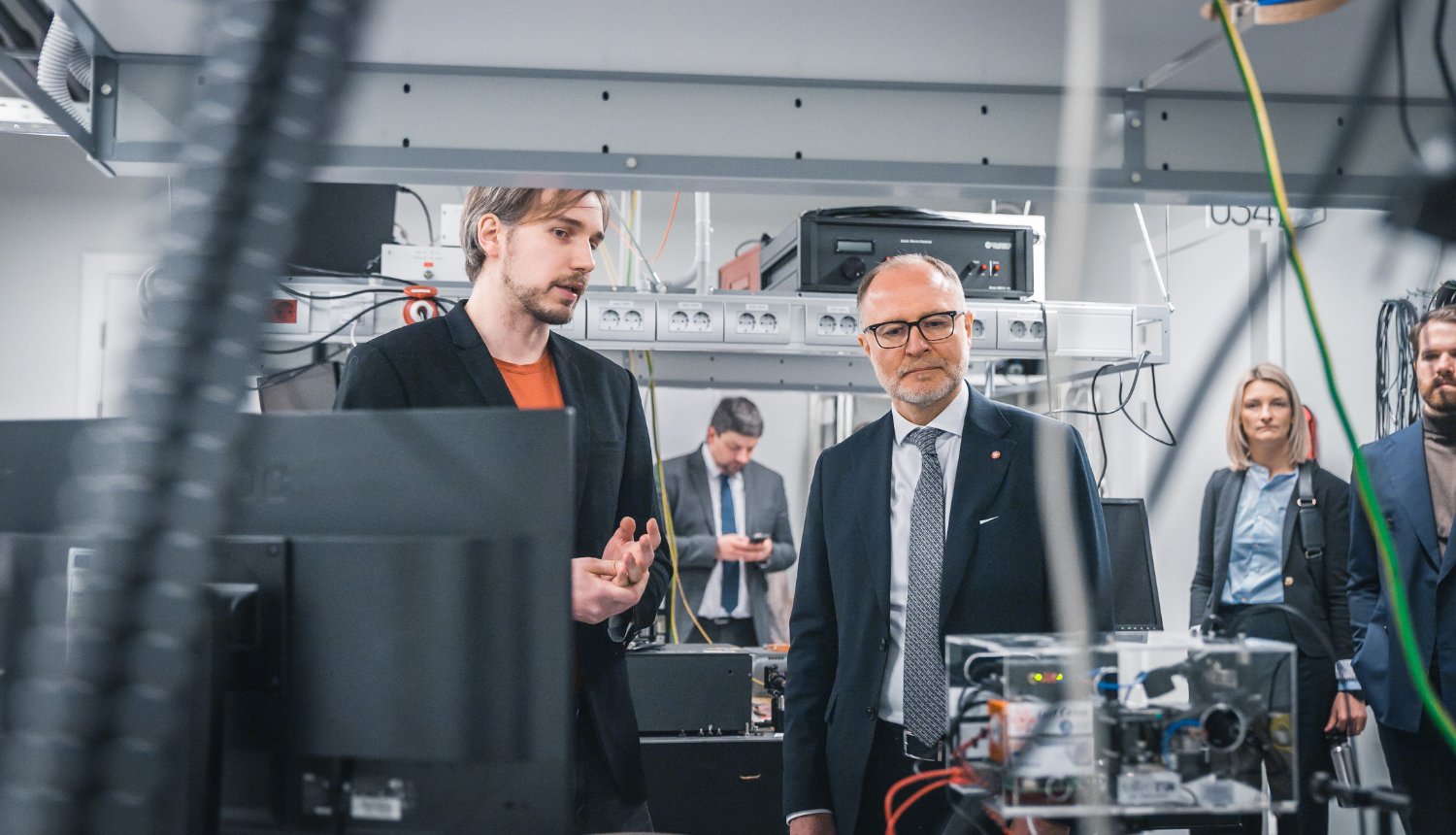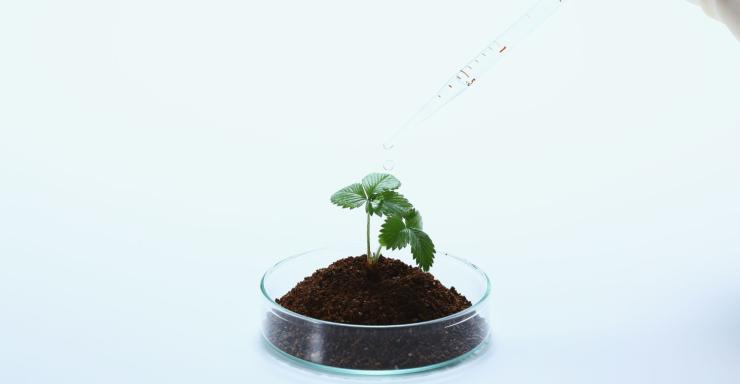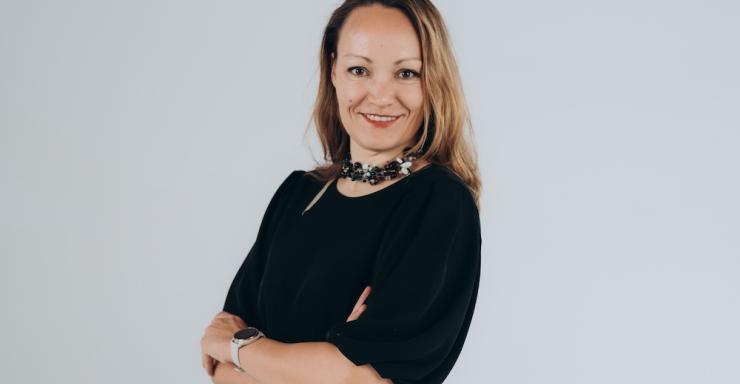To foster collaboration between science and the defence sector, on March 20, Minister of Defence Andris Sprūds visited the University of Latvia (UL). During the visit, the minister familiarized himself with UL’s scientific potential, which could significantly contribute to national security, and discussed future cooperation opportunities in strategically important areas with UL leadership. In discussions with UL Rector Prof. Gundars Bērziņš, Vice-Rector for Science Guntars Kitenbergs, and Vice-Rector for Development Enno Ence, the role of innovation in strengthening defence capabilities was emphasized, including advancements in materials, military mobility, and quantum technologies.
“We appreciate UL’s leadership in science and innovation and see opportunities to develop collaboration in defence innovations and technology. The Ministry of Defence continues to support both ongoing and new mechanisms for innovation and research and expects active involvement from the UL,” said Minister of Defence Andris Sprūds.
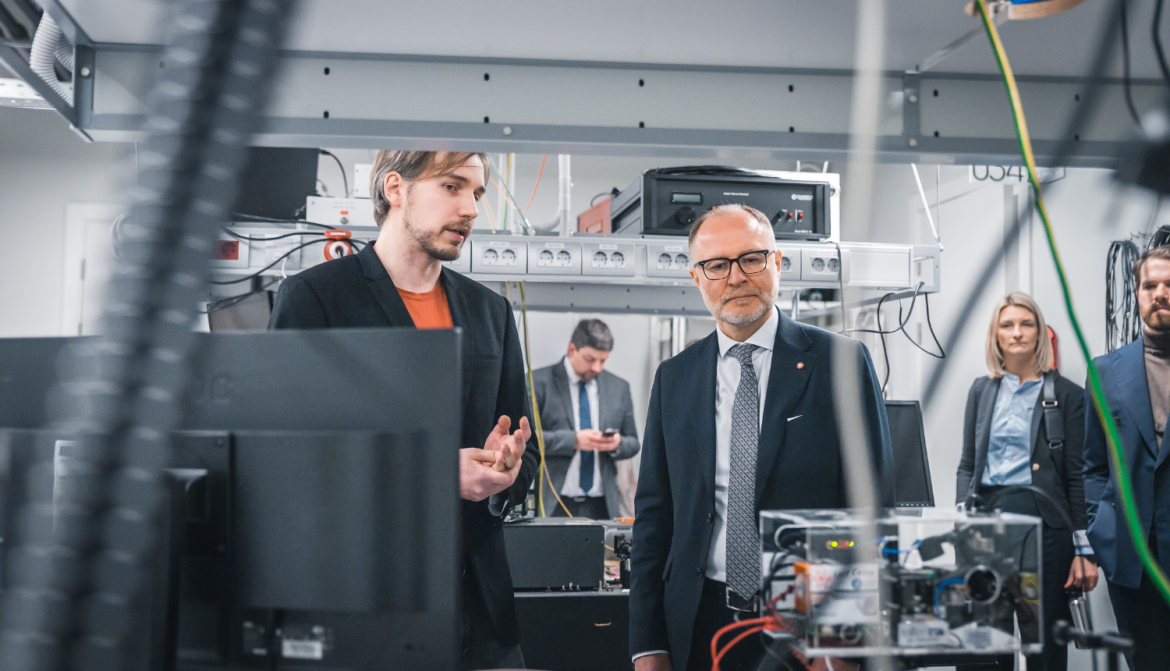
UL Rector Prof. Gundars Bērziņš highlighted: “UL researchers are already actively engaged in developing innovations that could be crucial for national defence. We see opportunities for even closer collaboration with the Ministry of Defence to advance scientific capacities and innovative solutions.”
UL strengthens the national defence and security sector by actively participating in science, innovation, and technology development. As Latvia’s leading research centre, UL offers over 50 STEM study programs and conducts strategic research in quantum technologies, cybersecurity, disinformation detection, and military medicine. The university participates in European Defence Fund projects and collaborates with industry to develop innovative solutions such as alternative navigation systems, machine vision applications, and advanced defence materials. UL’s scientific achievements and student involvement enhance societal resilience and strengthen Latvia’s security in the face of global challenges.
During the visit, the minister was introduced to UL researchers' work and its potential applications in defence. Associate Professor Ingars Reinholds from the UL Faculty of Medicine and Life Sciences presented antibacterial dressings and radionuclide adsorption materials developed at the university to protect against radiation exposure. New solutions for wound protection in radiation exposure scenarios have been developed within European Defence Fund (EDF) projects.
Associate Professor Jānis Karušs from the UL Faculty of Science and Technology presented soil load-bearing capacity models designed for military vehicle mobility. Meanwhile, researchers Artūrs Mozers and Reinis Lazda from the UL Laser Centre introduced fundamental physics research on quantum sensor development and its potential applications in defence and other sectors through NATO and EU Defence Fund projects. Innovations developed at the Laser Centre could provide more precise and secure defence technologies.
